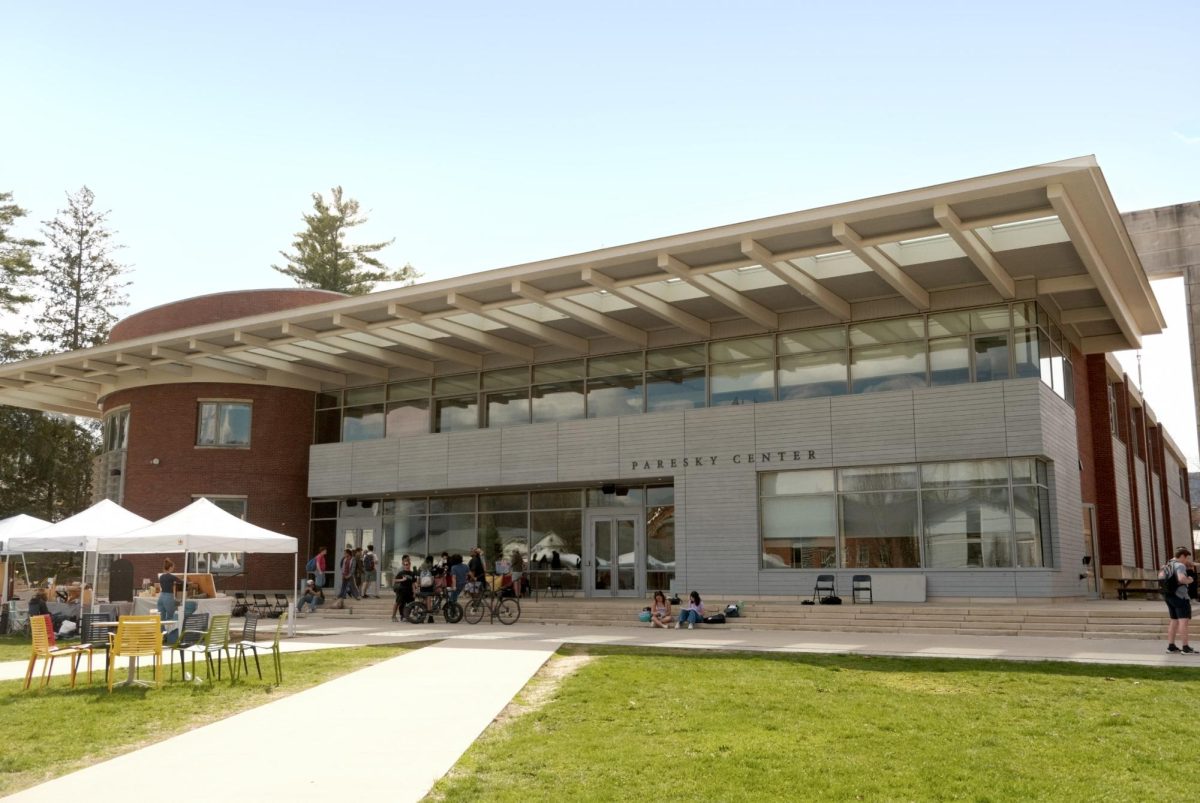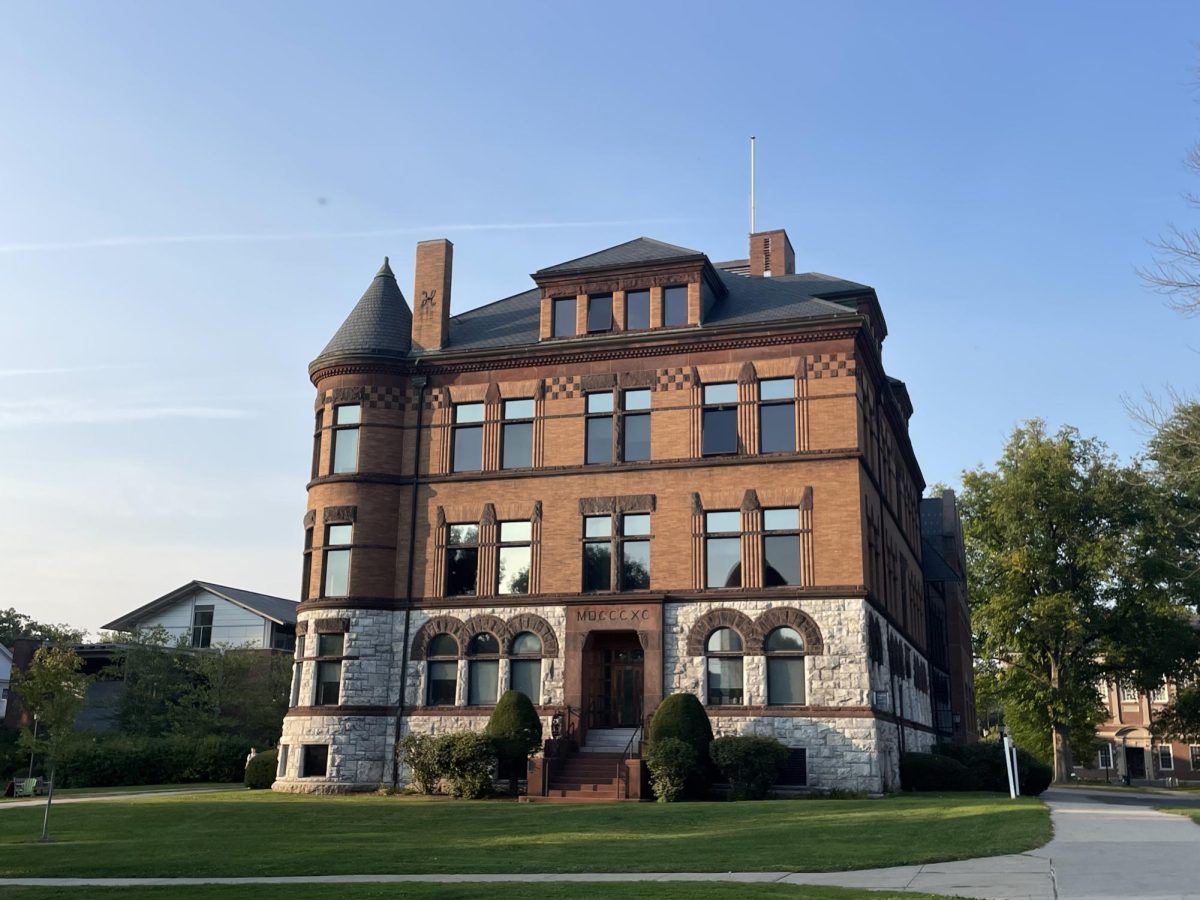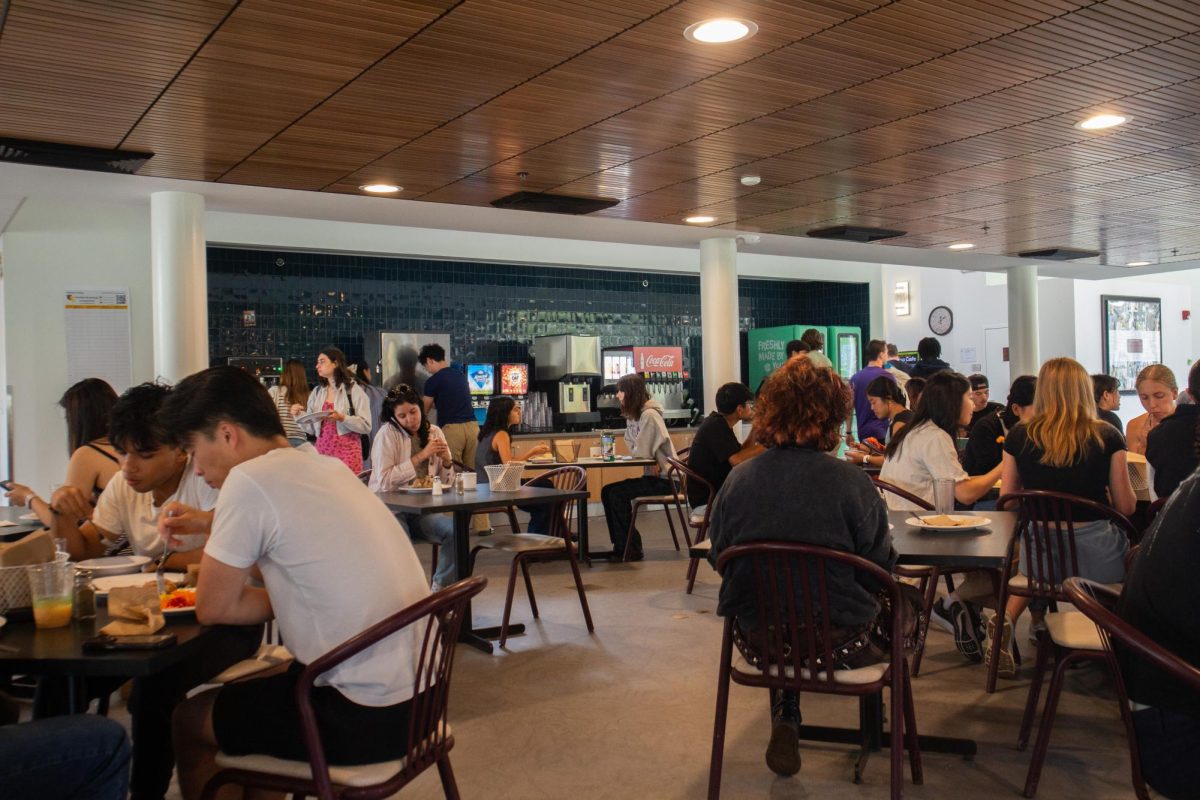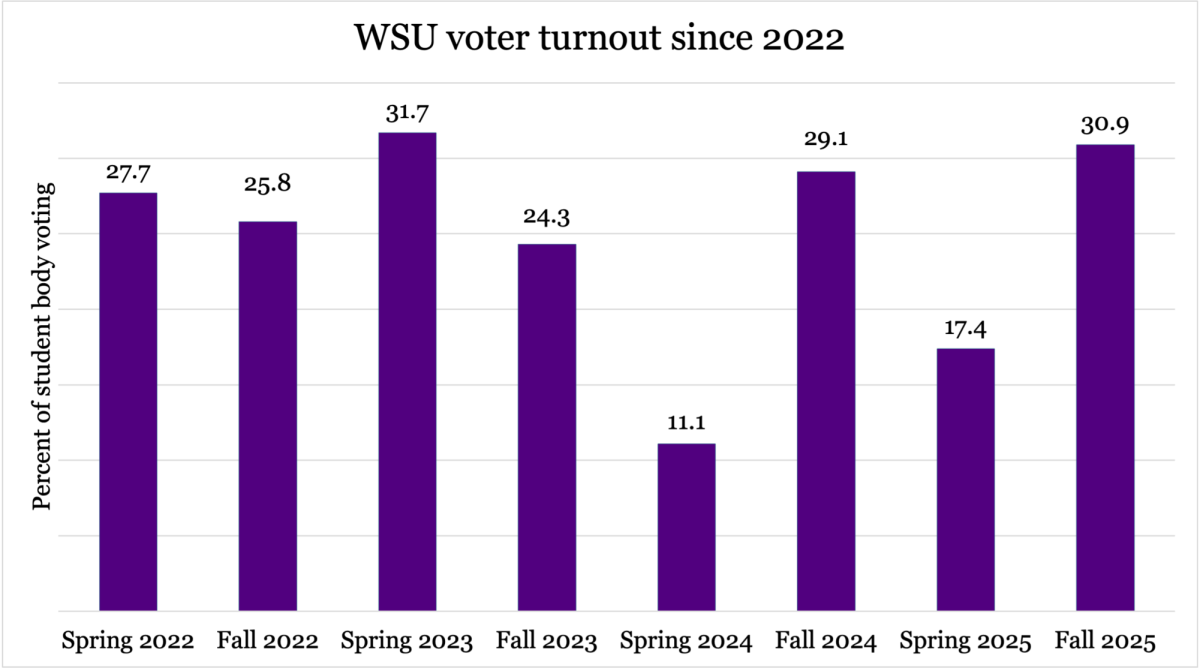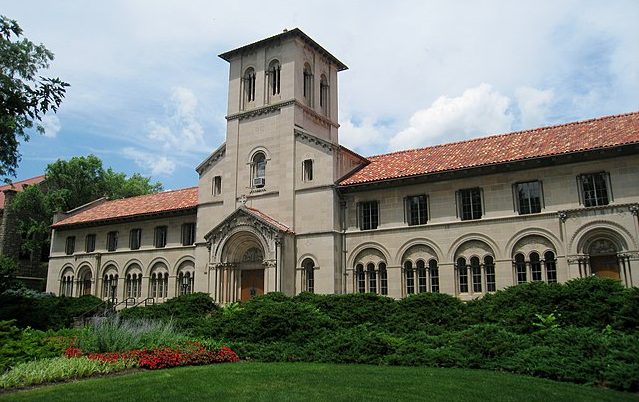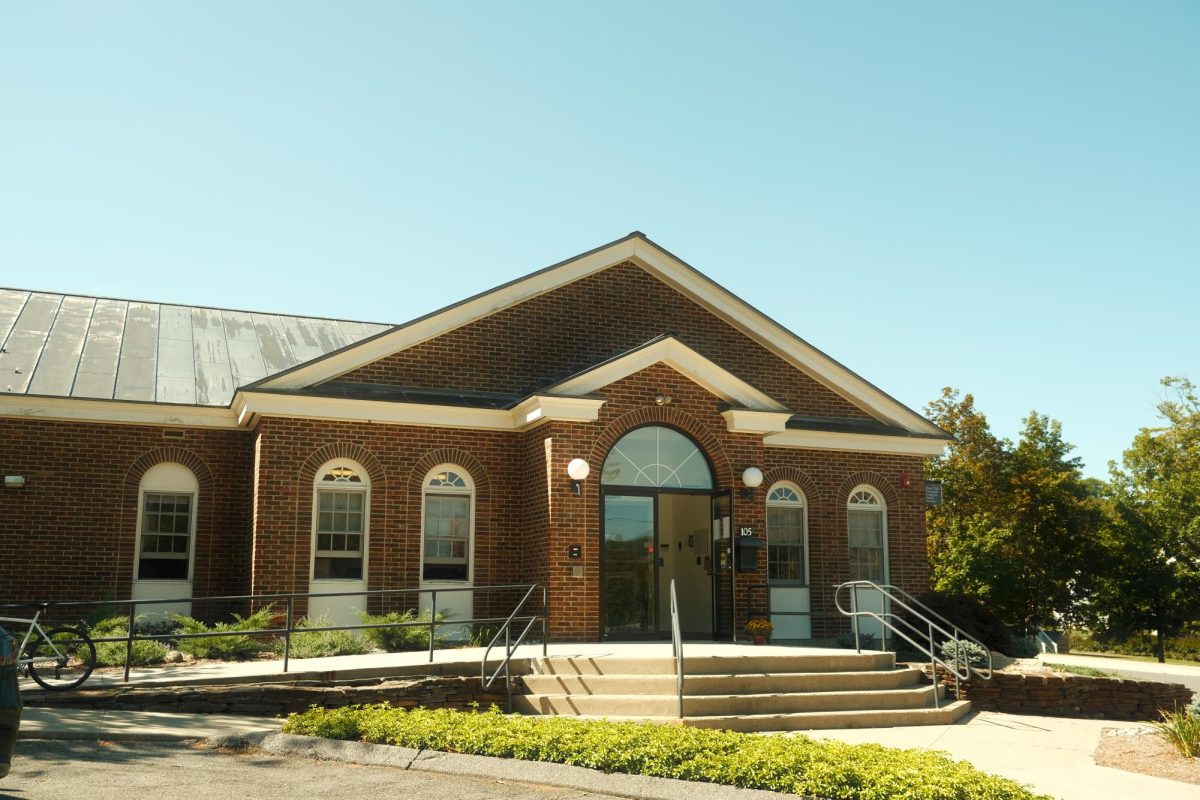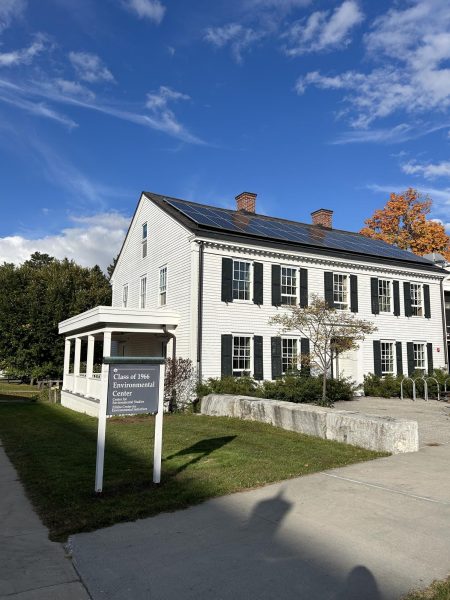
The College merged the Zilkha Center for Environmental Initiatives and the co-curricular components of the Center for Environmental Sciences (CES) into a single body called the Zilkha Center for the Environment (ZCE) over the summer. Through the restructuring, environmental studies became a stand-alone academic program.
The new ZCE will now house all internship and research opportunities for students, which were previously split between the Zilkha Center and CES. The ZCE as well as the environmental studies program will both be located in the Class of 1966 Environmental Center.
Tanja Srebotnjak, formerly the director of the Zilkha Center for Environmental Initiatives, will now serve as the executive director of the ZCE, and Professor of Economics Sarah Jacobson will become the chair of environmental studies.
According to Jacobson, the restructuring seeks to alleviate years of frustration over internal inefficiencies — such as the split of co-curricular opportunities between the Zilkha Center and the CES — while facilitating the growth of the environmental studies program. The new division provides a more logical breakdown of responsibilities, she explained.
Prior to the restructuring, Jacobson said, the director of the environmental studies program was responsible for both the typical academic duties of interdisciplinary programs and more extraneous operations like the management of Hopkins Memorial Forest — a balancing act that was becoming increasingly untenable as the program grew.
“There’s so much to manage within the unit, its relations to the rest of the College, and just running the unit’s curriculum that it makes sense for it to be its own thing,” she said.
She added that the reorganization should also improve student navigation of co-curricular opportunities, which had been split between entities. “We hope that it will make those opportunities more visible to students across campus,” she said. “The goal is to support students in whichever kind of environmental leadership they’re interested in.”
In an email to the Record, Srebotnjak described the ZCE’s vision for this support. “The team and I are looking to create interlocking programs that connect co-curricular learning with campus sustainability and the world around us, support the use of Hopkins Memorial Forest for research, education, and low-impact recreation, and in liaison with the Environmental Justice Clinic facilitate engagement with communities impacted by environmental racism and the accelerating effects of climate change.”
Though the ZCE and the environmental studies department are split, Srebotnjak and Jacobson meet at least once a week, Jacobson said, emphasizing the importance of their collaboration.









